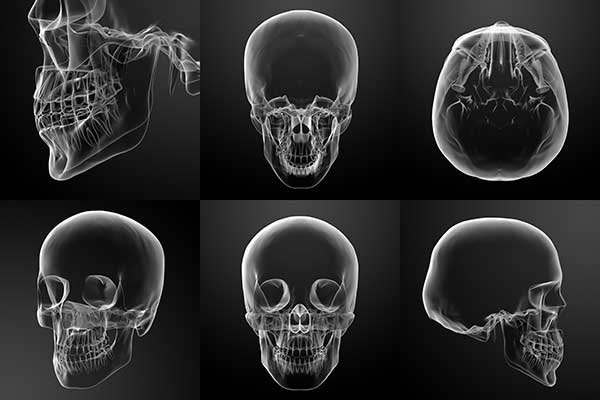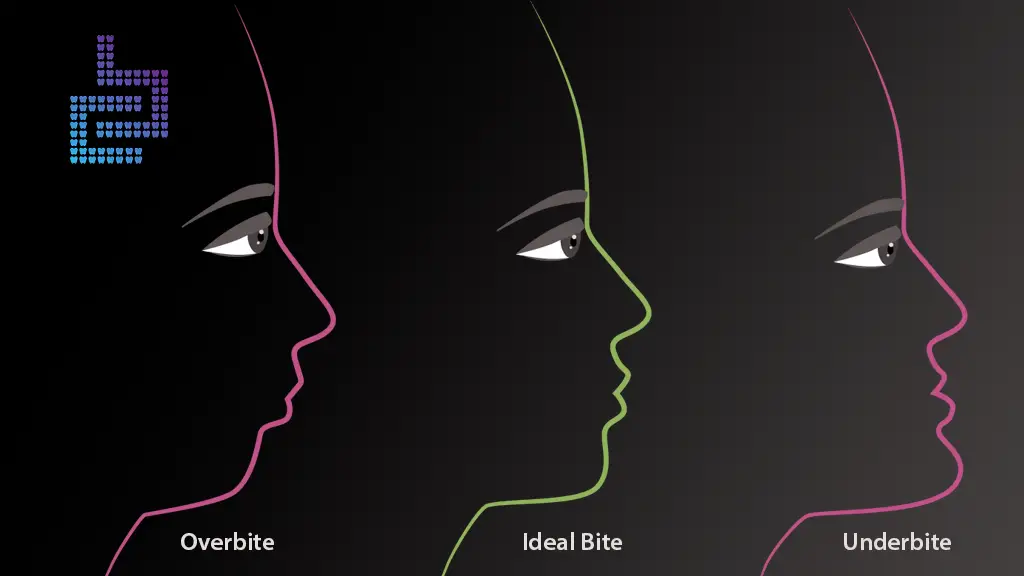Invisalign seems like a great option if you are looking for a cosmetic solution for a straighter smile. These clear aligners gently move teeth into the desired position, helping people overcome common issues like crooked teeth, gaps, and misalignment of the bite.
But appearances can be deceiving! Just because the teeth are straight and match the picture-perfect image of a good smile, underlying issues can surface when moving the position of the teeth. One common risk that can occur is the emergence or exacerbation of temporomandibular joint (TMJ) disorder. (Read about The Dangers of Invisalign.)
What is TMJ?
TMJ is a syndrome that affects the muscles and nerves that connect the jawbone to the skull. If this joint is injured, then it can cause pain, tightness, and even arthritis.
While genetics and bad habits can contribute to the development of TMJ, bite issues are an undeniable issue. Often, TMJ happens because of a combination of problems – and changing the bite can be a trigger that results in symptoms of TMJ.
Often, the symptoms of TMJ are addressed using pain relievers, muscle relaxants, and bite guards. These methods may provide immediate relief of the condition, but they don’t address the underlying issues that caused TMJ to develop in the first place.
Do You Have TMJ?
Millions of people in the United States suffer from TMJ disorders. These conditions are quite common and often cause symptoms such as:
- Jaw pain
- Ear pain
- Teeth clenching
- Teeth grinding
- Popping in the jaw joint
- Headaches
- Neck tension
- Locking of the jaw
- Ringing in the ears
- Difficulty focusing
- Depression
According to the makers of Invisalign trays, any patient with TMJ symptoms should not use these treatments. It’s essential that you evaluate your risk of TMJ before using Invisalign aligners.
Invisalign Changes Your Bite
Top-notch technology is used to design the right smile for you. The treatment plan moves the teeth into the desired alignment, improving appearance and function at the same time.
It’s important to note that Invisalign changes your bite, which could potentially affect your risk of TMJ. Changing the bite and alignment of the teeth can result in various issues:
- Worsen TMJ: Some people have TMJ before beginning Invisalign and find that the symptoms get worse as the bite changes. For example, jaw pain and discomfort can increase over the course of the treatment.
- Trigger TMJ: Patients with no previous symptoms of TMJ might have an onset of taw tightness and pain due to Invisalign. Sometimes, these symptoms begin during the treatment. Other times, the symptoms are more pronounced after the Invisalign treatment period is over.
It’s possible that moving your teeth and changing your bite could bring on issues that you were previously unaware of before Invisalign. The aligners you wear don’t cause the problems – instead, the new position of the teeth can change the way the jaw moves.
When Invisalign Contributes to TMJ
Are you currently using Invisalign and experiencing symptoms of TMJ? Then it’s essential that you talk to an experienced doctor who understands the dangers of Invisalign and how it affects the risk of TMJ.
If you are considering Invisalign, then it’s smart to do your research before deciding whether you will move forward with this treatment. The marketing messages portray all of Invisalign’s benefits, but it’s a bit more challenging to learn about all the potential risks. You need to be proactive to evaluate the possible adverse side effects, especially since TMJ can cause life-long pain and suffering.
Can Invisalign Correct TMJ?
One mistaken assumption in the industry is that Invisalign is a recommended treatment for someone who wants to correct the issues of TMJ. Since the aligners reposition your teeth, is it possible to realign the jaw to prevent TMJ symptoms?
In most cases: no, Invisalign is not a recommended solution for correcting TMJ. Since these treatments have been linked with causing TMJ, then you need to understand that straightening your teeth could potentially result in more pain and discomfort for the rest of your life.
If you decide to move forward with Invisalign, choose an orthodontist who understands the connection between Invisalign and TMJ. You need a personal exam and individual recommendation to ensure an optimal outcome for your treatment plan.











